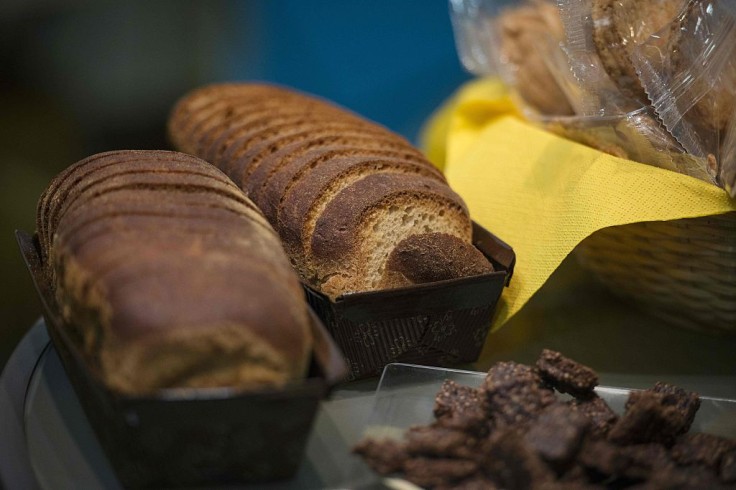
The parents of Natasha Ednan-Laperouse, the teenager who died of an allergic reaction after eating a Pret baguette, launched research that would aim to eliminate food allergies in the future.
According to BBC, the research would investigate whether tolerance to allergies can develop using everyday foods, saving the National Health Center (NHS) money on allergy drugs.
Making food allergies history
Tanya and Nadim Ednan-Laperouse started the study on whether tolerance to allergies can be built using everyday foods. The £2.2 million trial is a three-year immunotherapy trial funded by the Natasha Allergy Research Foundation (NARF). The University of Southampton and University Hospital Southampton NHS Foundation Trust takes the lead in the trial.
It aims to show that people with food allergies may no longer have to avoid foods that contain small amounts of allergens due to production, allowing food-sensitive people to eat popular food like cakes, curries, and pizza.
Last year, NHS supported Palforzia, a treatment that reduces the severity of reactions to peanuts, including anaphylaxis. Researchers give patients a small monthly dose of their allergen and then monitor them for two years.
On the other hand, this study would focus on whether food-sensitive people can utilize everyday foods to treat allergic reactions.
As per NARF, the study would recruit 216 people allergic to cow's milk, aged three to 23. People aged six to 23 who are allergic to peanuts were also studied.
The first 12 months are for desensitization under strict medical supervision. Researchers will follow those taking part in the study for two more years to provide longer-term data.
As per Nadim, the study is a "major first step" in their mission to "make food allergies history. It aims to save lives and prevent serious hospitalization by offering protection against severe allergic reactions to foods.
If the study is successful, it will empower NHS to offer cost-effective treatments for people with food allergies through oral immunotherapy.
The funding for the study has been raised by NARF, in collaboration with some food businesses such as Burger King, Pret, Greggs, Tesco, Just Eat, Co-op, Morrisons, KFC, Sainsbury's, Costa, Lidl, and Leon.
The Natasha Law
Natasha Ednan-Laperouse, 15, died from anaphylaxis in 2016. She ate an artichoke, olive, and tapenade baguette bought from a Pret a Manger shop before her flight. During the flight, she fell ill and had a cardiac arrest. Her father administered two EpiPen injections, but she died that day.
The sandwich did not have allergen advice on its wrapper because it is not prescribed by law. Since then, the bereaved parents have actively advocated for mandatory labeling on all food made on-premises and pre-packed for direct sale.
In October 2021, the Natasha Law was passed, which mandated food establishments to write the ingredients and provide allergen labeling on all food made on the premises.
As per Tanya, after the successful implementation of Natasha's Law, they are delighted to announce the first Natasha clinical trial. She added that their family is determined that Natasha's death will not be in vain, Sky News reports.
Related Article: New Mom Shares How Her Heart Attack Was Dismissed as Just Anxiety
